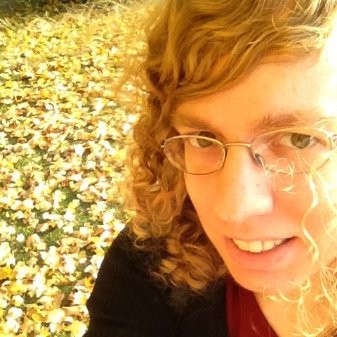Scientists Are Developing a Menstrual Cup for Long Journeys in Space

A group of Cornell University researchers want to test a menstrual cup on the International Space Station – and are currently looking for funders. The AstroCup project has already seen two commercially available menstrual cups briefly experience microgravity; an October 2022 launch on a Portuguese Baltasar rocket sent the cups to and from space, finding that microgravity had no apparent effect on their abilities to hold liquid. (The devices were tested with water and glycerol, which has a viscosity similar to blood.)
“As far as our conditions, the conclusions that we got showed the cups will resist this type of environment,” team member Catarina Miranda, an astrobiologist and science communicator, told SpaceRef. “Of course, we still have the radiation and other conditions in microgravity to test. It’s a small step, but an important step.”
But to assist people who menstruate for longer-duration missions, the AstroCup team used the commercially available Lunette menstrual cup, which prioritizes reusability. But before they assume it’s ready for use in space, experiment co-designer Lígia Fonseca Coelho told SpaceRef, the Lunette cup will need more testing — hence the ISS proposal. The cup will be left in a self-contained unit but will need to pass standard safety protocols. It is not designed, however, to require much human attention from the otherwise-busy astronauts stationed there.
“We need something simple; this is something nobody has done yet, and it’s really important,” said Coelho, a Fulbright postdoctoral researcher in astronomy at Cornell. Coelho also previously flew with Blue Origin’s New Shepard rocket on a different project, to test microgravity on photosynthetic organisms that may one day be useful for feeding astronauts.
The group for AstroCup was formed around late 2020 during an education project, Introduction to Space Missions, in which the six researchers were doing a brief, six-week enrichment course for high school students during the worst of the pandemic. The group includes Coelho, Miranda, Morgado, and aerospace engineers Catarina Pereira, João Canas, and Diogo Nunes. (Everyone already knew each other through previous mentorship opportunities, but their professional relationships deepened during the pandemic, according to group members.)
Future experiments
It is especially crucial to ensure the cups are safe to use multiple times, and to find ways to keep them clean — two things the AstroCup team is also investigating.
“Definitely, it will lead to a decrease in mass and decrease of trash,” Morgado told SpaceRef. “Of course, there are problems with reusability — you have to have a way to reuse it in a hygienic way. That’s also something we’re looking into.”
Current International Space Station astronauts only have a few options for menstruation, including stopping altogether with hormonal treatments, or using tampons or pads. Compared with cups, pads and tampons are not reusable and take up far more cargo space. This situation increases launching costs (typically $10,000 per pound, according to the Cornell team) and generates more trash long-duration missions.
While the immediate goal is to send the Lunette Cup on an ISS mission, the researchers said they are open to having the menstrual cups be tested for other possible space environments where astronauts may someday find themselves. The nearest example would be the Artemis program, which may see astronauts who menstruate walk on the surface of the Moon for first time as soon as 2025.
Coelho said having the cups as an option for Moon work would be “a good thing for them to add to their solutions, but [the cups] do need to have experiments beforehand.”









